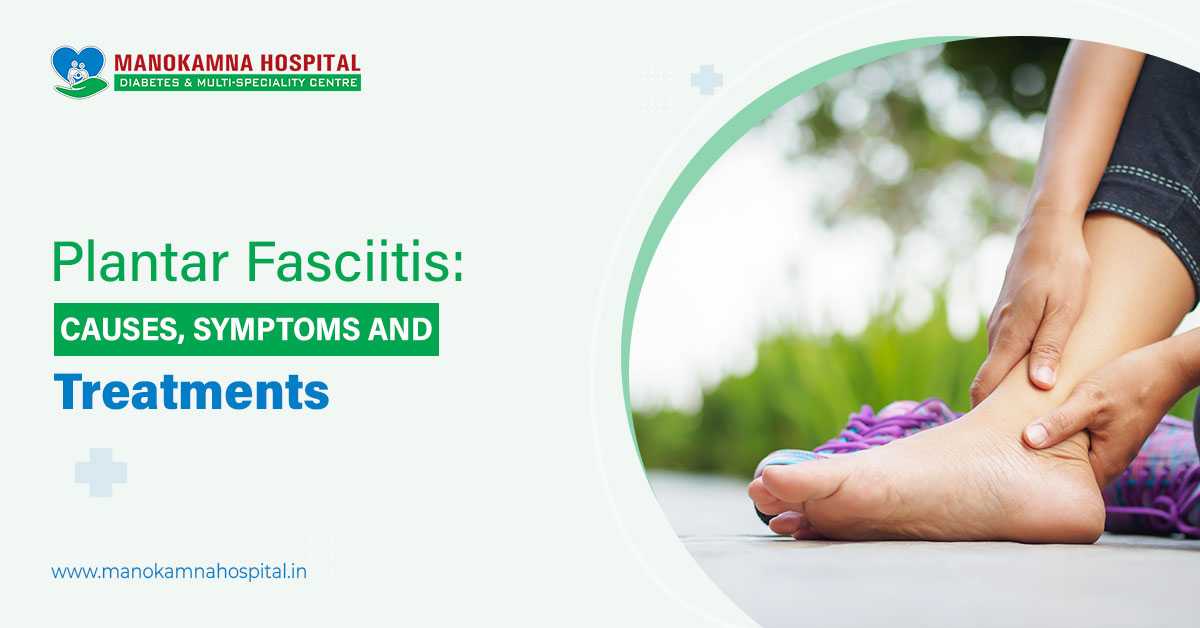Arrhythmia refers to an irregular heartbeat caused by disrupted electrical signals to your heart. It causes the heart to beat either too fast or too slow. Make sure you consider receiving medical attention for arrhythmia. This condition involves several reasons and might not involve an underlying cause.
Vigorous exercise can result in a racing heartbeat. Therefore, medical care rests on what leads to it. If you have chest pain, dizziness, weakness, chest pain, or shortness of breath, immediate expert attention is of need. Get guidance on heart health from the top cardiologist in Siliguri.
What are the symptoms of arrhythmia?
You may have heart arrhythmia behind your insight which can be possible. You may not develop significant signs of it. However, it involves signs like:
- A fluttering in your chest/palpitation
- Shortness of breath
- Chest pain
- Racing heartbeat/slow heartbeat
- Light-headedness/dizziness
- Fatigue
- Sweating
- Fainting
- Anxiety
Be sure to see your healthcare provider so that you get to know about your underlying condition (if you have any), and receive treatment (if required). Let’s discuss the risk factors for heart arrhythmia:
- Coronary artery disease is a common heart health condition that may cause heart arrhythmia. When arteries become narrow, blood flow to the heart gets obstructed, causing several discomforts like chest pain/angina, shortness of breath, weakness, dizziness, fatigue, heart palpitation, stomach discomfort.
- Thyroid disorders like hyperthyroidism increase the heart rate responsible for heart palpitations/irregular heartbeat. Excessive thyroid hormone accelerates the prevalence of cardiac arrhythmia.
- Congenital heart disease is a birth defect that can alter the way blood flows to the heart and from the heart throughout the body. Excessive sleepiness, pounding heartbeat, heart murmur, trouble breathing, blueish skin, extreme tiredness, weak pulse, and poor blood circulation are possible signs of this medical condition.
- High blood pressure over time may contribute to coronary artery disease if remains poorly managed or undiagnosed. Here coronary artery disease is a potential risk factor for heart arrhythmia. Reach out to your cardiologist/heart specialist so that a doctor rule out the reason for developing abnormal heart rhythm.
Other risk factors here involve heavy alcohol use, active smoking, electrolyte imbalance in your body, obstructive sleep apnea, obesity, use of caffeine, or other illegal drugs, cardiomyopathy, heart valve disorder, etc. Speak to the best cardiologist in Siliguri and get expert advice on arrhythmia healing.
Correcting lifestyle choices helps reduce the possibility of getting arrhythmia, such as – physical activity/yoga, a heart-friendly diet, weight management, stress management, avoiding alcohol, smoking, caffeinated products, drug misuse.




